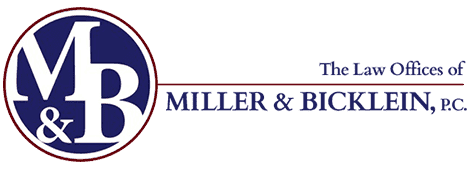The Occupational Safety and Health Act (OSHA) creates standards that all U.S. employers must follow to ensure workers remain safe and secure. When a violation occurs, workers are encouraged to report incidents to the proper authorities to prevent serious injuries or even loss of life from occurring. The OSHA Education Center offers the following information, which will help you take the right steps in the event that you experience a violation at your place of work.
OSHA regulations span many different industries and professionals. However, some workers are exempt from these laws. For example, people who work on farms that are owned by immediate family members are not privy to OSHA laws. Industries mandated by federal safety regulations, such as mining, are also exempt. In this case, workplace violations must be reported to the proper authorities. Additionally, people who are self-employed are also considered exempt from OSHA regulations.
You should also be aware of the types of hazards that are commonly reported. These “serious” hazards can cause serious injuries to workers, which is why employers must take every step to prevent them from causing harm. When the use of ladders is common, proper fall protection must be put in place. When it comes to machinery, guard mechanisms must be used to protect workers from malfunctions and flying debris. Workers must also have easy access to personal protective equipment.
This is one of three OSHA requirements that all employers must abide by. Personal protective equipment must be available, but workers must also be properly trained on its importance and how it should be used. Employers must also provide OSHA with access to relevant medical records for workers who’ve been injured as a result of an alleged violation. Lastly, when hazardous materials are present in the workplace, employees must be made aware of and understand the proper procedures for handling and disposal.
